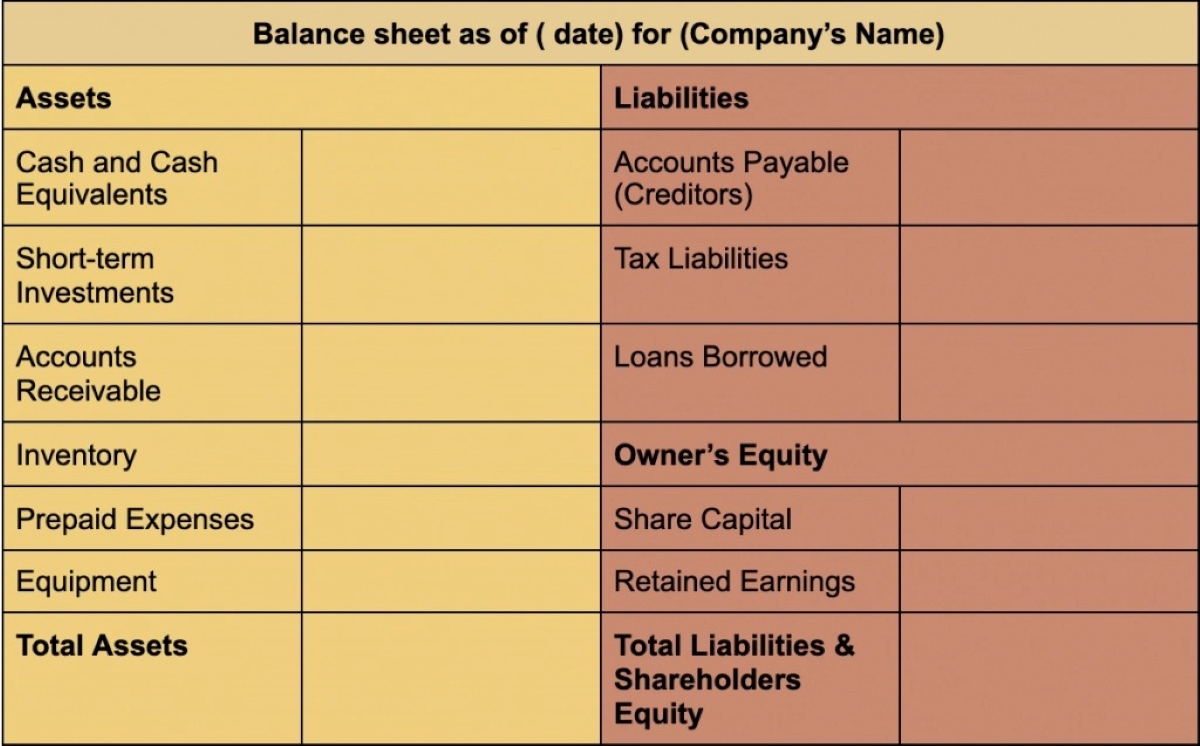Home>Finance>Endogenous Variable: Definition, Meaning, And Examples


Finance
Endogenous Variable: Definition, Meaning, And Examples
Published: November 18, 2023
An endogenous variable in finance refers to a variable that is determined within a given economic model. Explore its definition, meaning, and examples in this comprehensive guide.
(Many of the links in this article redirect to a specific reviewed product. Your purchase of these products through affiliate links helps to generate commission for LiveWell, at no extra cost. Learn more)
Understanding Endogenous Variable: Definition, Meaning, and Examples
When it comes to the world of finance, there are various important concepts that both seasoned professionals and enthusiasts alike must be familiar with. One such concept is the endogenous variable. In this blog post, we will delve into what an endogenous variable is, its meaning, and provide some examples to help you understand this crucial concept in finance.
Key Takeaways:
- An endogenous variable is a variable that is determined within a system or model, rather than being influenced by external factors.
- Understanding endogenous variables is essential for making accurate financial predictions and assessing the causal relationships between variables.
What is an Endogenous Variable?
An endogenous variable can be defined as a variable that is determined or influenced by other variables within a specific system or model. Unlike exogenous variables, which are influenced by external factors, endogenous variables are an integral part of the system or model itself.
Endogenous variables play a crucial role in various fields, including economics, finance, and statistics. By examining endogenous variables, analysts can gain insights into the causal relationships between different variables and make accurate predictions.
Examples of Endogenous Variables in Finance
Now that we have a better understanding of what endogenous variables are, let’s explore some examples from the world of finance:
- Stock Prices: Endogenous variables play a vital role in determining stock prices. Factors such as company performance, investor sentiment, and market trends all contribute to the endogenous variable of stock prices.
- Interest Rates: The determination of interest rates in financial markets is another example of an endogenous variable. Various factors, including inflation rates, economic indicators, and central bank decisions, influence the endogenous variable of interest rates.
- Exchange Rates: Exchange rates between different currencies are also endogenous variables. Economic fundamentals, political events, and investor expectations all impact the endogenous variable of exchange rates.
Conclusion
Understanding endogenous variables is crucial for analyzing and predicting financial phenomena accurately. By recognizing the intricate relationships between variables within a system, professionals in the finance industry can make informed decisions and develop effective strategies.
If you are interested in delving deeper into the world of finance, be sure to check out the other informative blog posts within our FINANCE category. From personal finance tips to market analysis, our aim is to provide you with valuable insights that can help you navigate and excel in the world of finance.














